LayerZero Foundation has formally proposed acquiring cross-chain protocol Stargate Finance in a $110 million deal, aiming to merge its Stargate (STG) token into the LayerZero (ZRO) ecosystem.
The move would bring both projects’ infrastructure and token economies under one umbrella, simplifying governance and aligning incentives for users and developers across the network.
Proposal details and structure
Under the proposal, all STG tokens would be swapped for ZRO at a fixed rate of 1 STG to 0.08634 ZRO, effectively retiring STG as a standalone governance and rewards asset.
Stargate, launched in 2022 by the same team behind LayerZero, currently facilitates native cross-chain transfers via liquidity pools, a model designed to avoid the security risks historically associated with blockchain bridges.
If approved by Stargate’s decentralized autonomous organization (DAO), the plan would shift all bridge revenues, amounting to $939,000 in payouts to STG stakers over the past three months, into the LayerZero Foundation.
ZRO holders could then benefit from buybacks funded by these revenues, though the merger would also end Stargate’s fixed-yield staking program. Instead, former STG holders would participate in LayerZero’s broader token economy without dedicated staking rewards.
LayerZero CEO Bryan Pellegrino said on X that the aim is to “move faster, ship faster,” describing the deal as a way to give Stargate more resources, a unified roadmap, and “a more liquid token” for its community.
The proposal is currently open for public comment for seven days before moving to a community vote.
Community reactions and market impact
Initial market response to the announcement pushed both tokens higher, ZRO gained over 20% in 24 hours to $2.33, while STG rose about 13% to $0.18, according to CoinGecko.
However, both remain significantly below their all-time highs, with ZRO down 69% from its December peak and STG down over 95% from mid-2022 levels.
Community feedback has been mixed. Some users see the consolidation as logical, citing reduced complexity in managing two related tokens.
Others argue the swap ratio undervalues STG, especially given its current revenue-sharing system, and have called for improved terms or alternative incentives. Concerns also center on the loss of staking rewards, a key income stream for long-term holders.




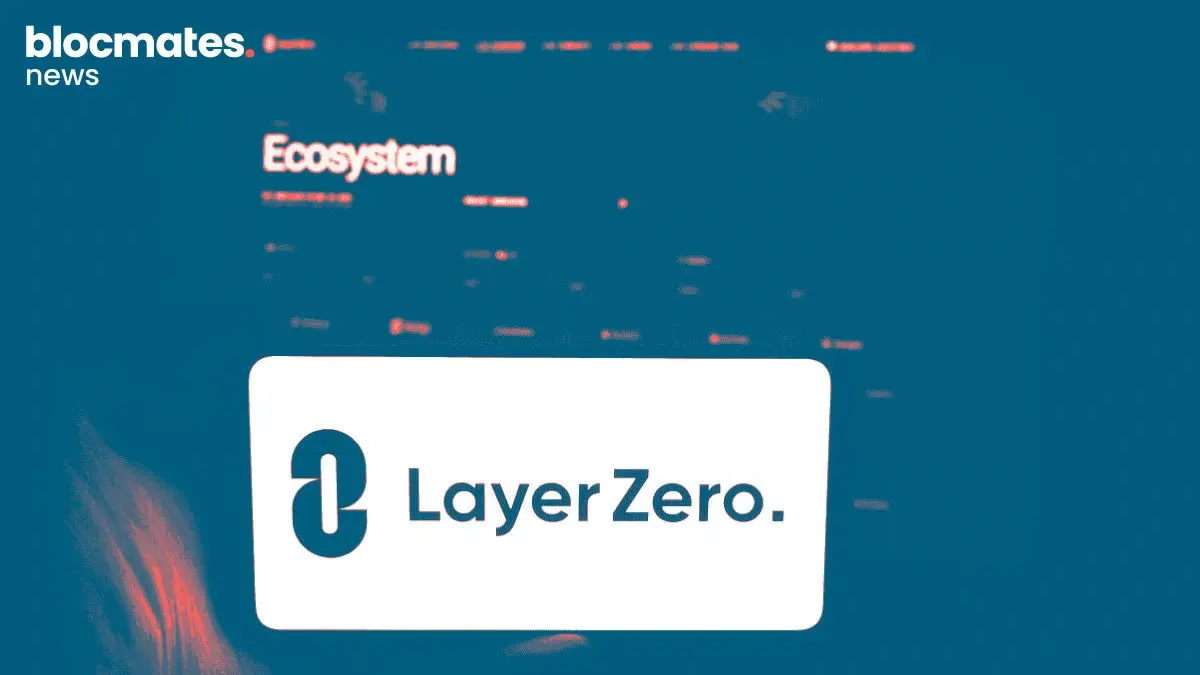





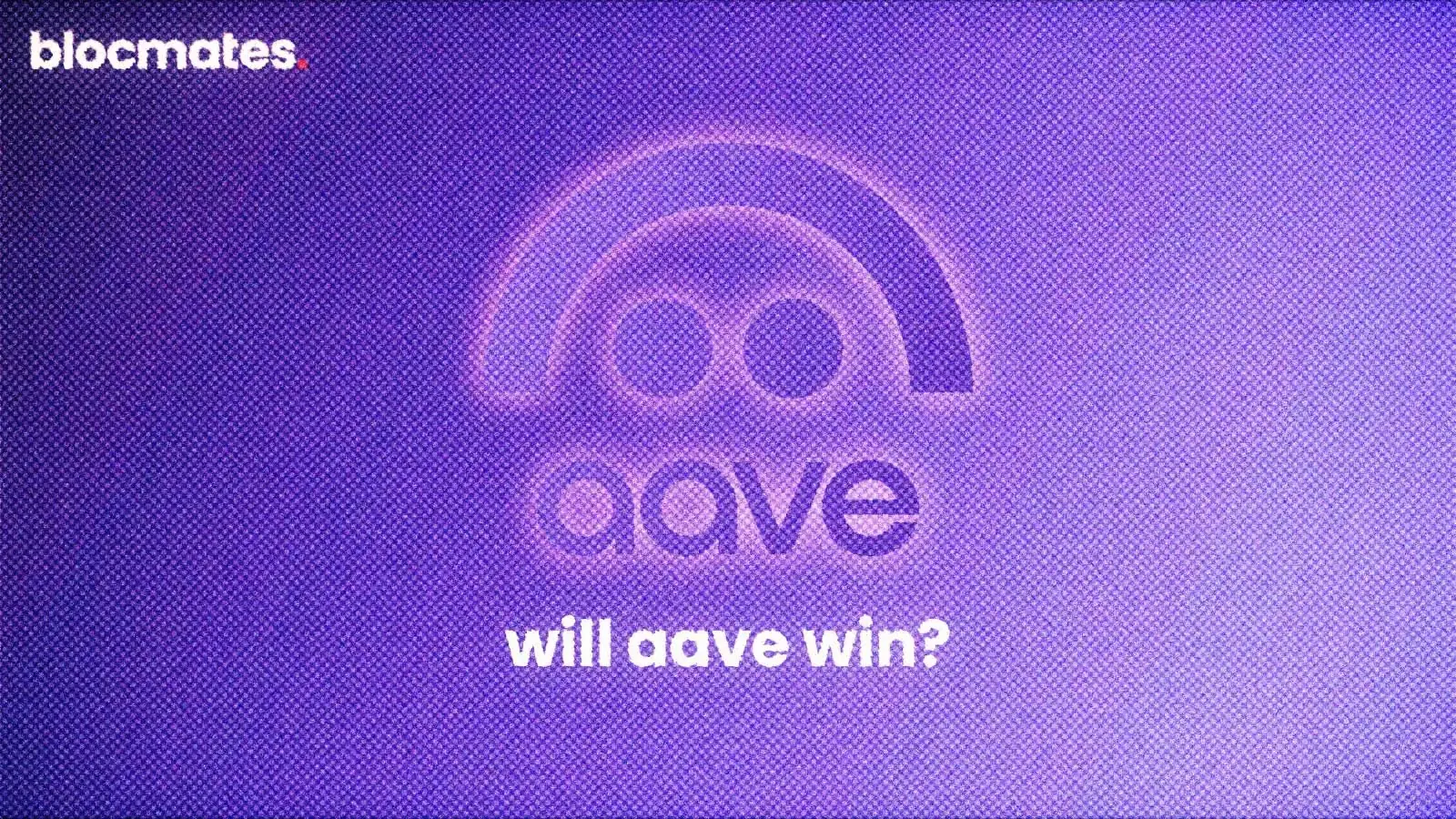

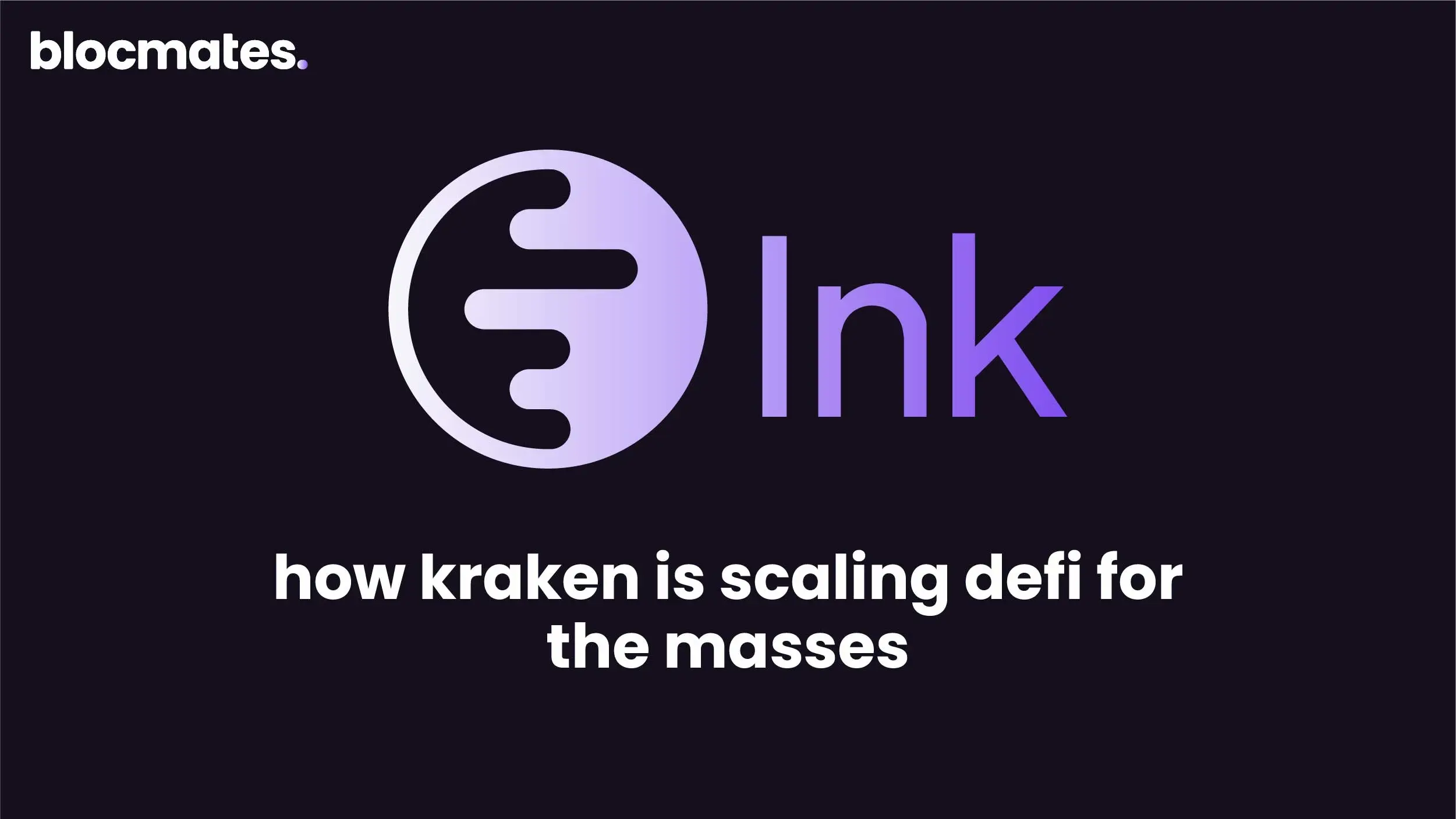
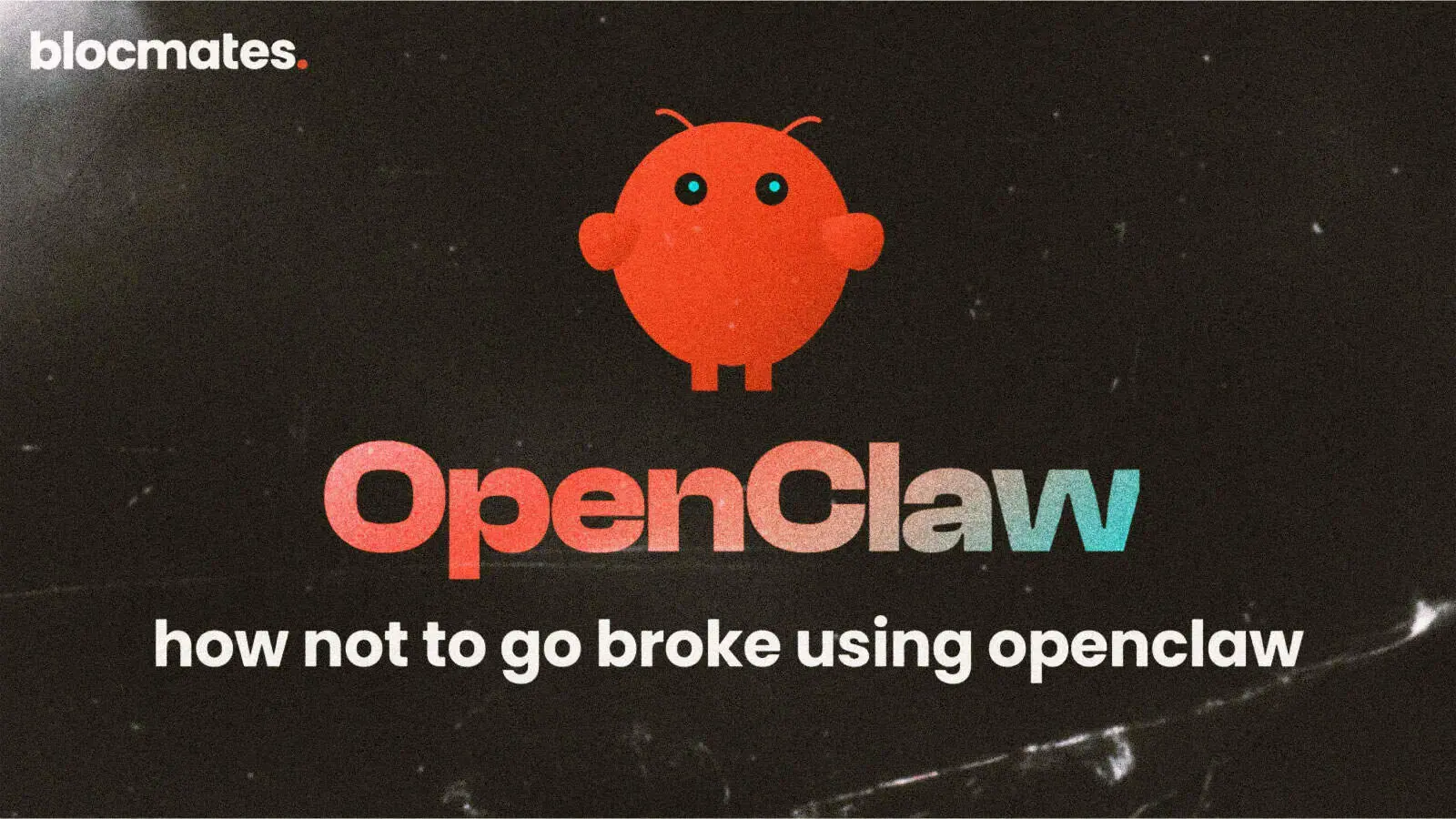
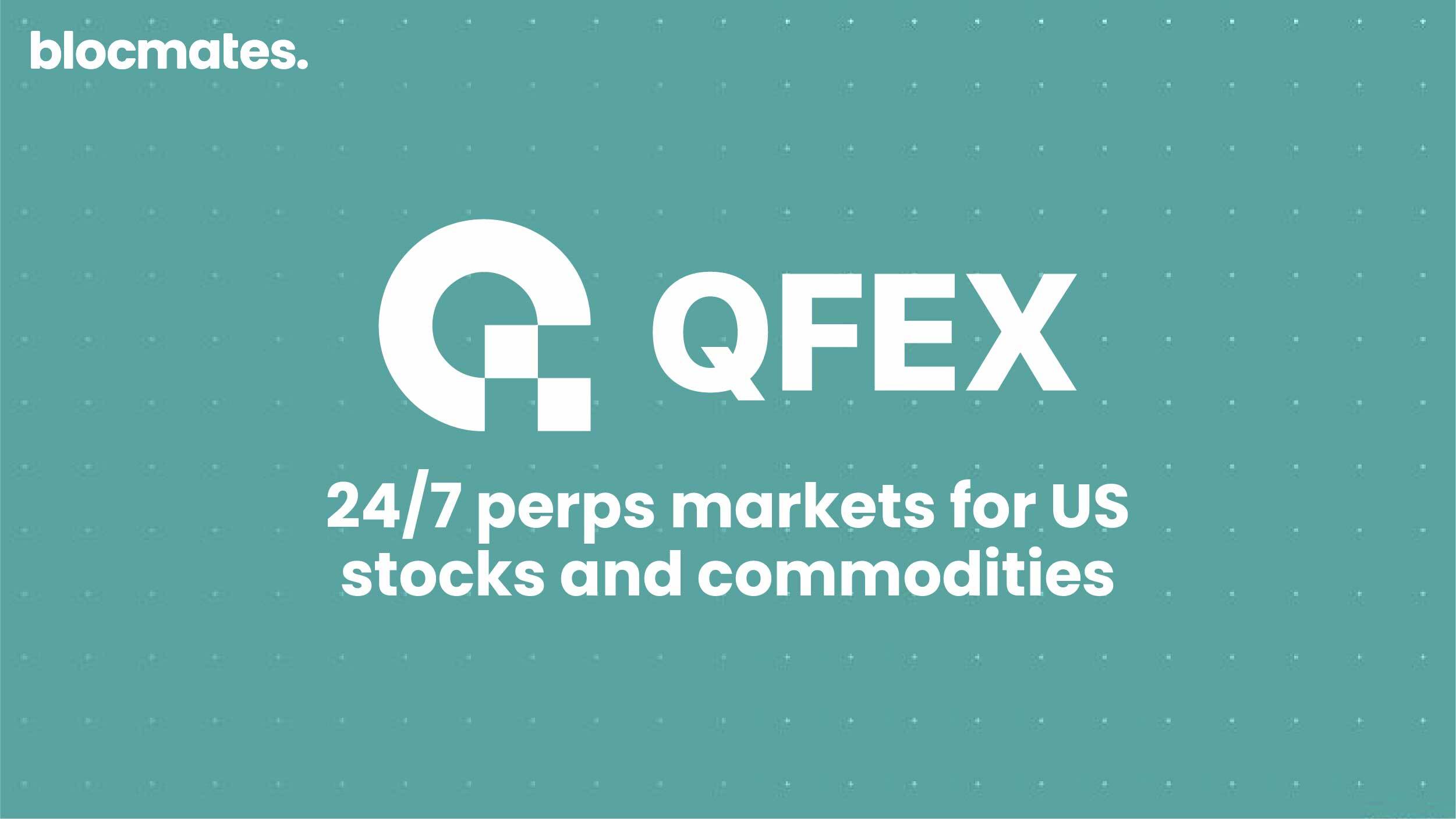
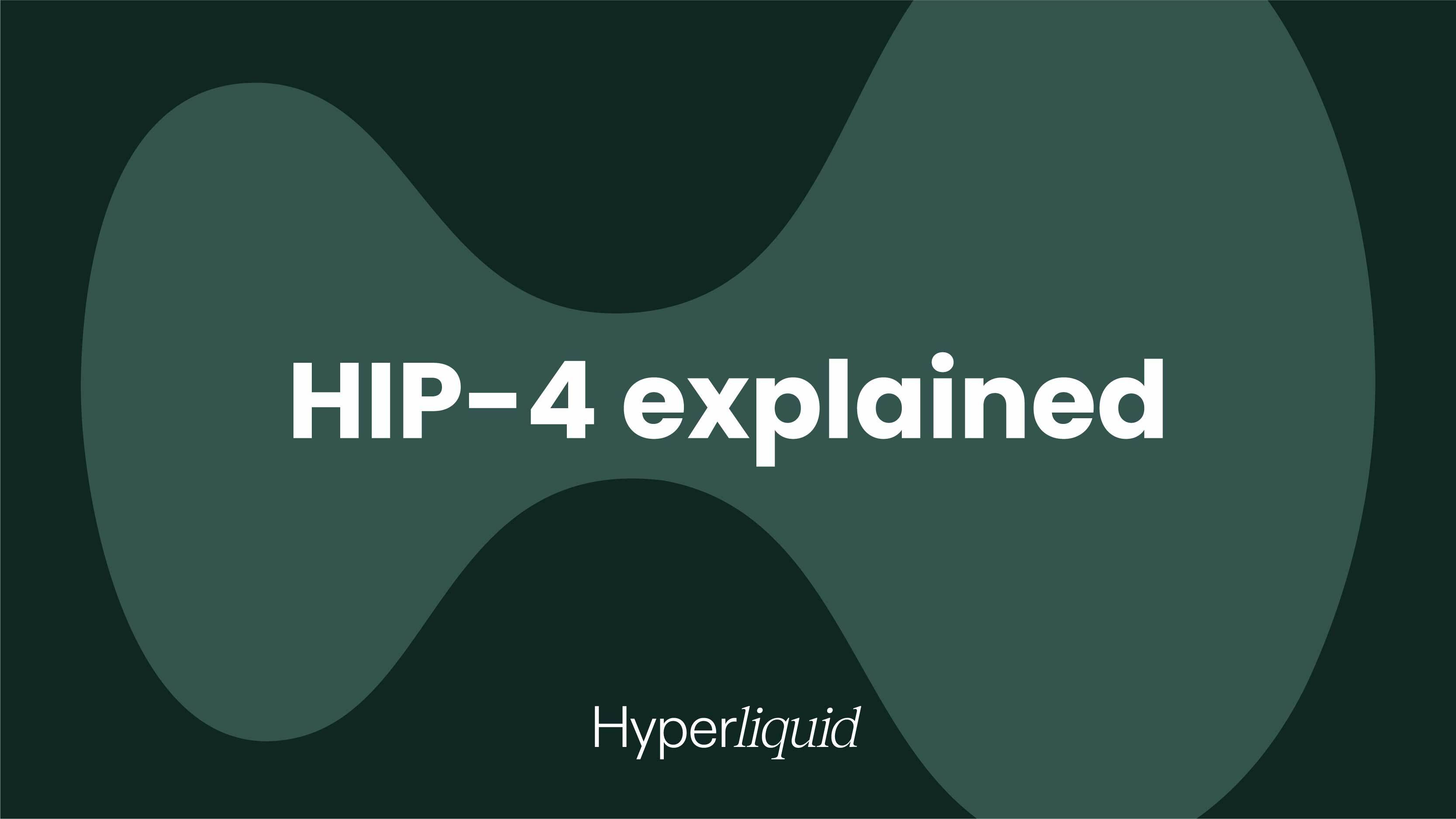


















.webp)

.webp)
.webp)

%20(1).webp)



























































%202.webp)


.webp)

.webp)
.webp)
.webp)


.webp)
.webp)

.webp)
.webp)
.webp)


.webp)
.webp)










.webp)


.webp)









.webp)







.webp)




.webp)


























.webp)







.webp)















.webp)

.webp)
.webp)

.webp)














.webp)

.webp)


.webp)








.webp)




